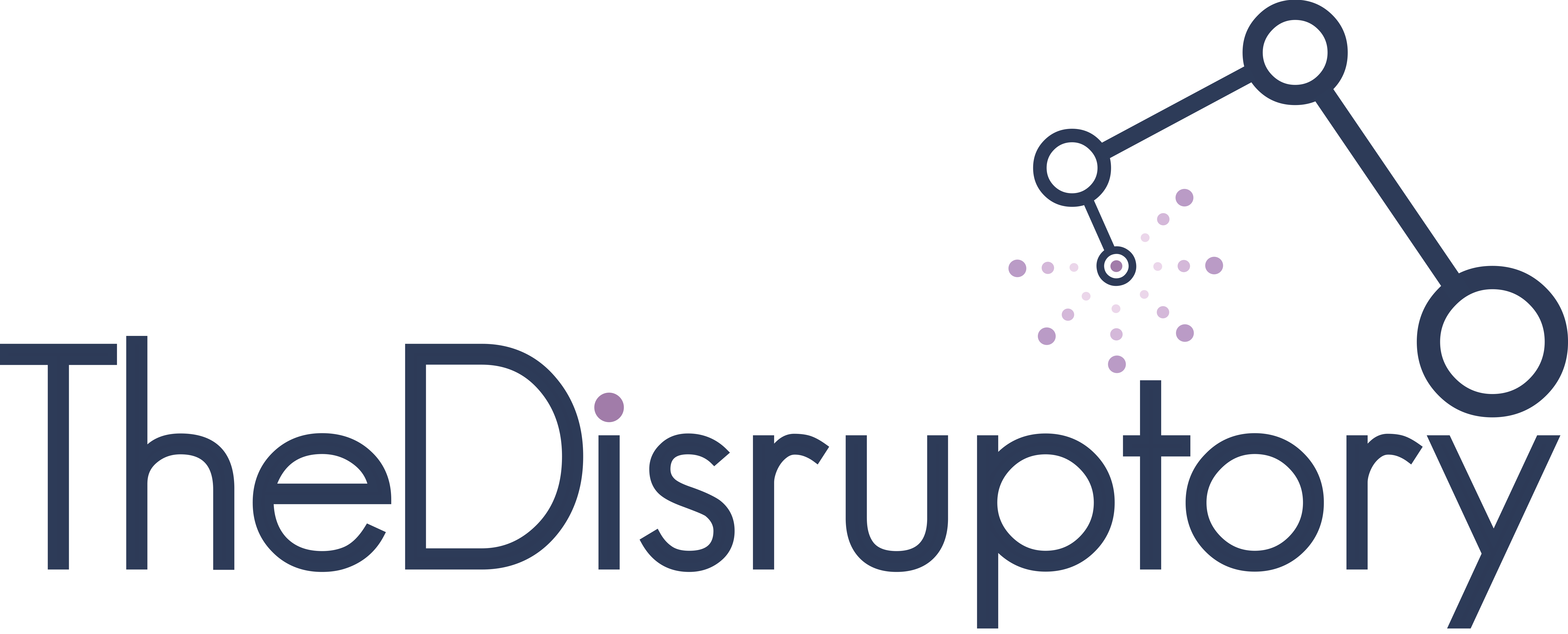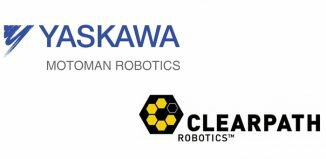Some robotics reading
For those who want to discover, reflect, analyze, think or procrastinate, here’s a book selection
Physics of the Future: How Science Will Shape Human Destiny and Our Daily Lives by the Year 2100 – 2012 – Michio Kaku :
In it Kaku speculates about possible future technological development over the next 100 years. He interviews notable scientists about their fields of research and lays out his vision of coming developments in medicine, computing, artificial intelligence, nanotechnology, and energy production. The book was on the New York Times Bestseller List for five weeks.
The Second Machine Age – Work, Progress, and Prosperity in a Time of Brilliant Technologies – 2014 – Erik Brynjolfsson et Atndrew Mcafee :
In The Second Machine Age MIT’s Erik Brynjolfsson and Andrew McAfee—two thinkers at the forefront of their field— make the case that we should be optimistic about the future because technological progress, ‘the only free lunch that economists believe in,’ is accelerating quickly past our intuitions and expectations. But we should also be mindful of our values and our choices: as technology races ahead, it may leave a lot of people, organizations and institutions behind.
This is the book that explains the new age we’re quickly heading into and shows why we should be optimistic about it, yet also discusses the challenges it will bring.
Moral Machines: Teaching Robots Right from Wrong – 2008 – Wendell Wallach et Colin Allen :
Computers are already approving financial transactions, controlling electrical supplies, and driving trains. Soon, service robots will be taking care of the elderly in their homes, and military robots will have their own targeting and firing protocols. Colin Allen and Wendell Wallach argue that as robots take on more and more responsibility, they must be programmed with moral decision-making abilities, for our own safety.
Taking a fast paced tour through the latest thinking about philosophical ethics and artificial intelligence, the authors argue that even if full moral agency for machines is a long way off, it is already necessary to start building a kind of functional morality, in which artificial moral agents have some basic ethical sensitivity. But the standard ethical theories dont seem adequate, and more socially engaged and engaging robots will be needed. As the authors show, the quest to build machines that are capable of telling right from wrong has begun. Moral Machines is the first book to examine the challenge of building artificial moral agents, probing deeply into the nature of human decision making and ethics.
I Robot – 1950 – Isaac Asimov
The three laws of Robotics:
1) A robot may not injure a human being or, through inaction, allow a human being to come to harm.
2) A robot must obey orders givein to it by human beings except where such orders would conflict with the First Law.
3) A robot must protect its own existence as long as such protection does not conflict with the First or Second Law.
With these three, simple directives, Isaac Asimov changed our perception of robots forever when he formulated the laws governing their behavior. In I, Robot, Asimov chronicles the development of the robot through a series of interlinked stories: from its primitive origins in the present to its ultimate perfection in the not-so-distant future–a future in which humanity itself may be rendered obsolete.



